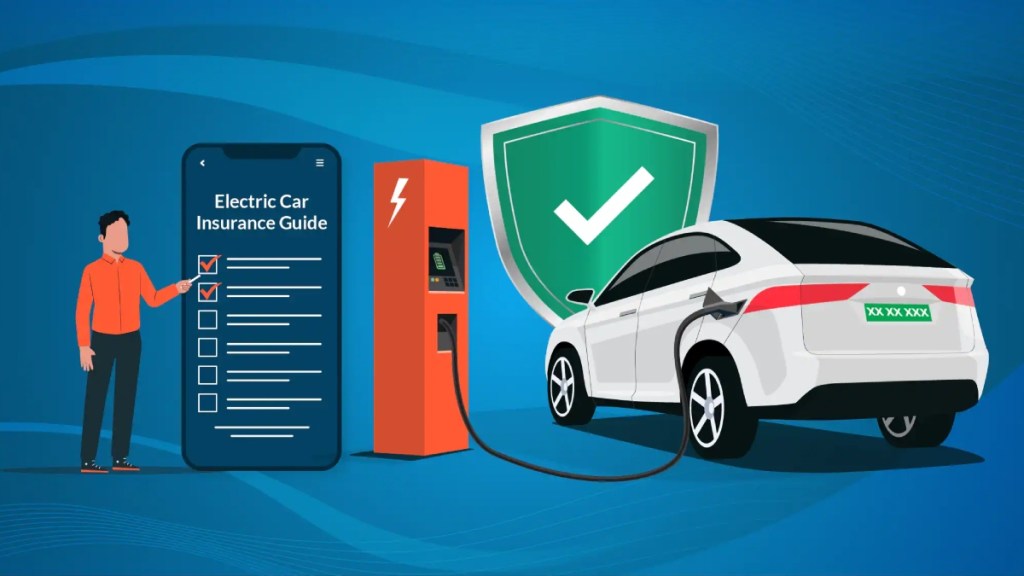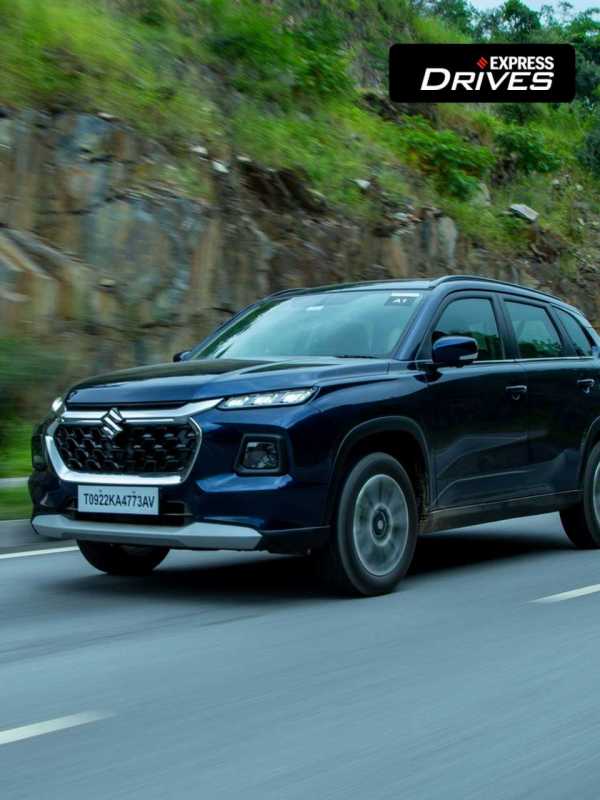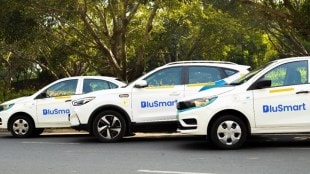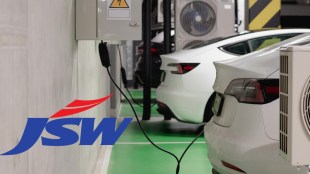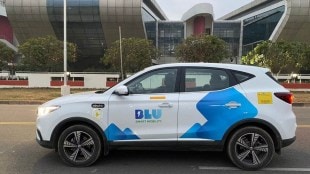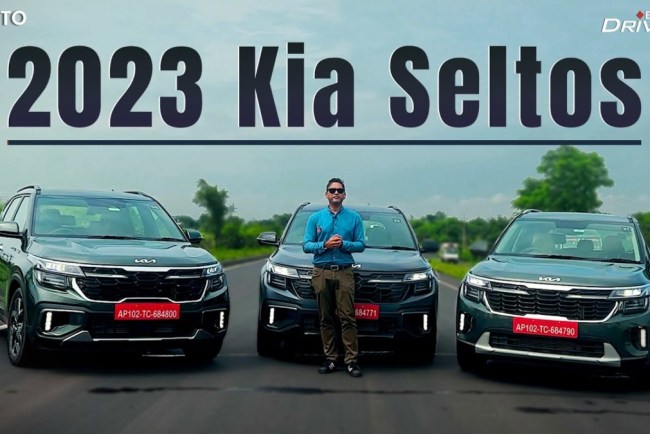By Dr Anshul Gupta, Managing Director, Okaya Electric Vehicles
As India strives to build a cleaner and more sustainable future, the nation is experiencing a surge in the adoption of electric vehicles (EVs). With the government’s ambitious plan to electrify the majority of its vehicle fleet by 2030, there is a growing need for a robust infrastructure to support the charging requirements of these EVs.
The need for a well-established charging infrastructure has prompted significant attention and investment in addressing the associated infrastructure challenges. With an array of benefits ranging from reducing greenhouse gas emissions to enhancing energy independence, the positive impact of expanding EV charging networks is becoming increasingly evident. As more people embrace the benefits of electric mobility, it is necessary to explore the escalating demand for EV chargers and the efforts that can be made to create a reliable and accessible charging network.
Here are the key areas of focus that will lead to shaping a promising future for electric infrastructure and mobility:
Public charging stations
As electric vehicle adoption continues to surge, a comprehensive network of public charging infrastructure is vital to fulfil the growing demand for power. An effective solution to address this demand is to repurpose existing gasoline stations and equip them with electric vehicle charging systems, transforming them into hybrid fueling stations. This strategy allows for an increased number of charging stations while making use of the already available infrastructure. The government can introduce incentives to work in partnership with municipalities, RWAs (Resident Welfare Associations), and business owners to set up integrated charging infrastructure in residential complexes, workplaces, shopping malls, and other public places. This will facilitate convenient access to charging facilities, even in densely populated areas.
Use of renewable energy sources
By incorporating renewable energy sources into EV charging infrastructure, the economic and environmental sustainability of such systems can be enhanced. India’s advantageous climatic conditions can be utilised to generate power from solar and other sources, effectively meeting the increasing power demands without overburdening the existing power grid. Consequently, this approach will considerably diminish reliance on fossil fuels, thereby fostering a greener energy ecosystem. Moreover, charging electric vehicles with clean energy sources will notably decrease the carbon footprint associated with the consumption of electricity.
Development of fast charging technologies
To enhance the viability of EVs for long-distance travel, the development of fast-charging infrastructure is crucial. Fast-charging stations, capable of delivering high-voltage charging, significantly reduce charging time, alleviating range anxiety for EV owners. Therefore, strategic placement of fast-charging stations along highways, major travel routes, and rest areas is essential to support long-distance travel and improve overall convenience.
Innovative Payment Solutions
To encourage EV adoption, it is essential to provide convenient and user-friendly payment systems for charging services. The development of interoperable payment platforms, mobile applications, and contactless payment options simplifies the billing process and enhances the overall user experience. Additionally, transparent pricing models and subscription-based plans can provide incentives for EV owners to opt for public charging infrastructure.
More focus on incentives
Even after the various initiatives from the government, business owners, retail stores, and RWAs might be hesitant to provide public charging at their premises. Their main concern could be associated with the significant capital investment these charging infrastructures require. However, with proper awareness about the potential benefits of this business and the introduction of incentives and subsidies to encourage investments from foreign organisations, the development of a better charging infrastructure can be accelerated.
Widespread consumer awareness
It is evident that, despite EVs being available for almost a decade, there is still a lack of awareness among consumers regarding EVs and charging infrastructure. This limited awareness often leaves consumers feeling doubtful about the true potential of EVs. However, organising public events in the form of educational campaigns, rides, and drives can have a transformative impact. These events would offer consumers the opportunity to gain first-hand experience and develop a deeper familiarity with EV technology.
All Things Considered
As India takes significant strides towards electrifying its transportation sector, it is crucial to anticipate future needs and plan for scalability in EV charging infrastructure. Conducting detailed assessments of charging demand, analysing traffic patterns, and considering the impact of electric vehicles on power grids will ensure that EV charging infrastructure expansion is well-coordinated and can accommodate the increasing number of EVs on the road. Through a collaborative effort between the government, private sector, and other stakeholders, the development of a widespread, reliable, and efficient charging network will not only facilitate the adoption of electric vehicles but also pave the way for a sustainable and eco-friendly future.
Disclaimer: Views expressed are personal and do not reflect the official position or policy of Financial Express Online. Reproducing this content without permission is prohibited.

